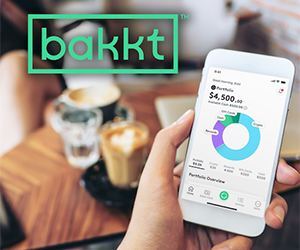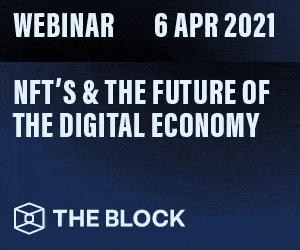Aave to Launch Institutional Lending Markets This Month
Key Takeaways
- Aave is launching a “permissioned liquidity protocol” called Aave Pro this month.
- Access to Aave Pro will require completion of KYC regulations and be segregated from the main decentralized markets.
- The team has partnered with Fireblocks to manage the KYC process.
Ethereum’s largest lending protocol, Aave, will launch private lending markets for institutional clients this month.
Lending Market For Institutions
Aave is going institutional.
The protocol’s founder, Stani Kulechov, confirmed the update in a Blockworks discussion focussed on “Next Steps for Institutional DeFi” last week. An email summarising the discussion later confirmed that the protocol would be launching a “permissioned liquidity protocol” called Aave Pro in July. Details of the offering were first disclosed in May, when Kulechov confirmed that Aave was running a private pool for institutions.
Aave is currently the largest decentralized lending protocol on Ethereum. Its interest markets hold over $10 billion in value.
The launch of Aave Pro will allow institutions, corporates and fintech clients to access DeFi while remaining compliant with regulations.
In essence, Aave Pro serve as a sandbox that can be used by whitelisted Ethereum addresses that have completed a “Know Your Customer” (KYC) process. This means that rather than functioning as an open protocol that anyone can access, Aave Pro will follow strict regulations to onboard institutions.
According to the email, the team has partnered with crypto custody firm Fireblocks to manage the KYC process and onboard clients.
The offering will initially support only assets: Bitcoin, Ethereum, Aave, and USDC. Liquidity pools for the assets will be segregated from the main Aave and Polygon markets.
Furthermore, the email claimed that while the pools would be permissioned, they would be governed by the community. However, it did not specify the extent to which the community would be involved in the service.
Given all client addresses will be scanned for regulatory compliance, community-based governance may not be a priority.
Kulechov elaborated on the strategy behind launching a permissioned product in the webinar. He said:
“We will have different kinds of permissioned markets so that DeFi will be more layered and tailored to specific needs. The ability of whitelisting and blacklisting addresses would make it easier to scale institutions because it lowers the risk.”
While permissioned DeFi and whitelisting may seem like a step backwards, according to Kulechov, it is a much needed step to bring large institutions into the space.
There has recently been a significant rise in institutions looking to access the generous yields available in DeFi compared to traditional markets. With interest rates at lows worldwide, Aave and other decentralized lending protocols like Compound are well positioned to serve institutions seeking higher yields.
The information on or accessed through this website is obtained from independent sources we believe to be accurate and reliable, but Decentral Media, Inc. makes no representation or warranty as to the timeliness, completeness, or accuracy of any information on or accessed through this website. Decentral Media, Inc. is not an investment advisor. We do not give personalized investment advice or other financial advice. The information on this website is subject to change without notice. Some or all of the information on this website may become outdated, or it may be or become incomplete or inaccurate. We may, but are not obligated to, update any outdated, incomplete, or inaccurate information.
You should never make an investment decision on an ICO, IEO, or other investment based on the information on this website, and you should never interpret or otherwise rely on any of the information on this website as investment advice. We strongly recommend that you consult a licensed investment advisor or other qualified financial professional if you are seeking investment advice on an ICO, IEO, or other investment. We do not accept compensation in any form for analyzing or reporting on any ICO, IEO, cryptocurrency, currency, tokenized sales, securities, or commodities.
See full terms and conditions.
Source: Read Full Article






